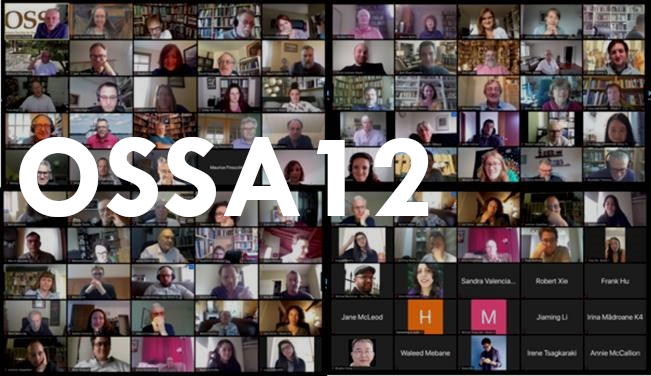Author ORCID Identifier
https://orcid.org/0000-0001-8700-3885 : Christoph Lumer
Location
Room 2
Document Type
Paper
Keywords
descriptive-nomological theory, idealizing hermeneutics, methodological intuitionism, methodological naturalism, ontic-practical theory, philosophical arguments, philosophical theories, practical arguments, technical-constructive theory, theses in philosophical theories
Start Date
3-6-2020 11:00 AM
End Date
3-6-2020 12:00 PM
Abstract
In the main part of the article, a new, idealizing-hermeneutic methodological approach to developing a theory of philosophical arguments is presented and carried out. The basis for this is a theory of ideal philosophical theory types developed from the analysis of historical examples (Lumer 2011b; 2020). According to this theory, the following ideal types of theory exist in philosophy: 1. descriptive-nomological, 2. idealizing-hermeneutic, 3. technical-constructive, 4. ontic-practical. These types of theories are characterized in particular by what their basic types of theses are. The main task of this article is then to determine the types of arguments that are suitable for justifying these types of theses. Surprisingly, practical arguments play a key role here.
Previous Versions
Reader's Reactions
Patrick Bondy, Commentary on Lumer, "A Theory of Philosophical Arguments" (June 2020)
Included in
A Theory of Philosophical Arguments
Room 2
In the main part of the article, a new, idealizing-hermeneutic methodological approach to developing a theory of philosophical arguments is presented and carried out. The basis for this is a theory of ideal philosophical theory types developed from the analysis of historical examples (Lumer 2011b; 2020). According to this theory, the following ideal types of theory exist in philosophy: 1. descriptive-nomological, 2. idealizing-hermeneutic, 3. technical-constructive, 4. ontic-practical. These types of theories are characterized in particular by what their basic types of theses are. The main task of this article is then to determine the types of arguments that are suitable for justifying these types of theses. Surprisingly, practical arguments play a key role here.

